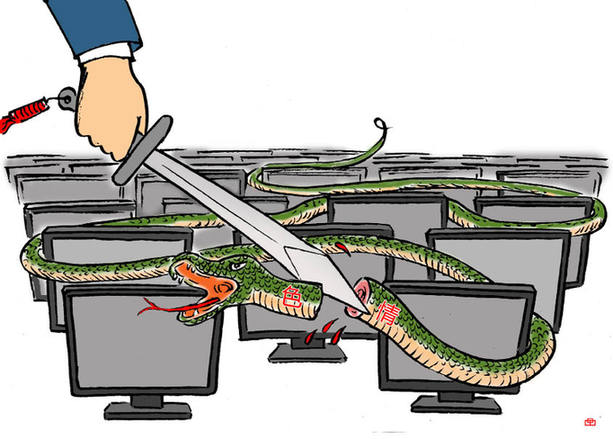China’s Plans for a Safe Internet
China’s new leadership is also paying unprecedented attention to Internet security. On February 27, 2014 the Central Internet Security and Informatization Leading Group was founded, headed by President Xi Jinping. It is the first time the top leader of the country has directly taken charge of the issue. The establishment of this group indicates that China now has escalated Internet security and informatization to national strategies that it will improve with central planning. The media have remarked on the move as “the awakening of national consciousness about the Internet.”
At the first meeting of the leading group on February 27, President Xi raised the goal to build China into an Internet power. At the first meeting of the National Security Commission on April 15, he elaborated a comprehensive national security plan, composed of 11 factors including information security.
With Internet security now a national priority, China will approach Internet governance and development of cyberspace with clearly defined goals and plans.
|
 |
|
Crackdown on online pornographic content. The characters on the snake read: “Pornography.” |
Independent Innovation Is the Key
Today the Internet is widely regarded as a “no-gun battleground” where international competition has intensified. And the decisive factor is information security. China is a major victim of online attacks worldwide: more than 3,000 government websites are assaulted by overseas hackers every year. Last February alone 700,000 computers on China’s mainland were infected by viruses.
The only way to ensure a nation’s Internet and information security is to establish an independent IT system over which it has full control. “We cannot wait to advance informatization until the Internet is absolutely safe, as there is no such thing as perfect safety,” said Wu Hequan, president of the Internet Society of China. “The righteous can always outdo evil. Security issues can find solutions in the process of development. We should ratchet up support for research and development of Internet and information security technologies and stimulate growth in this industry,” he added.
Self-reliance is key to protecting Internet security, and China is making unrelenting efforts. One example of its success is the Tiansuo K1 system, a fault-tolerant high-end server.
